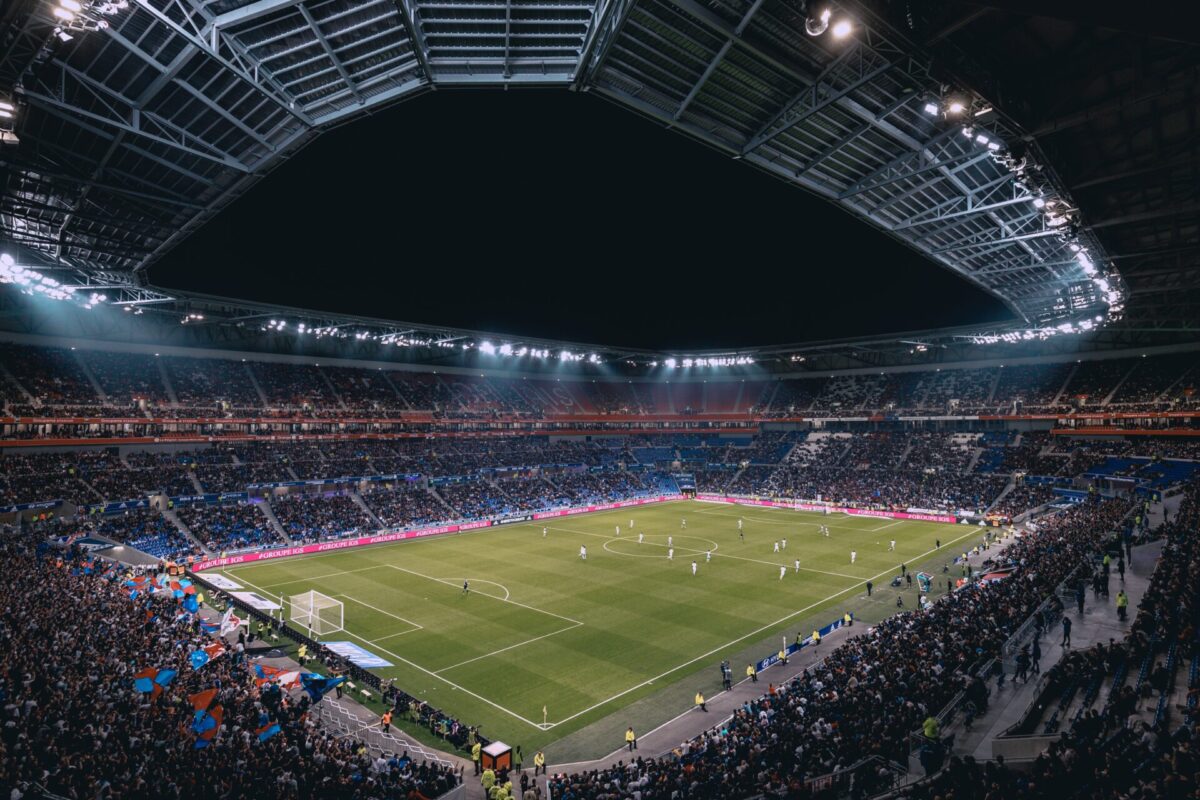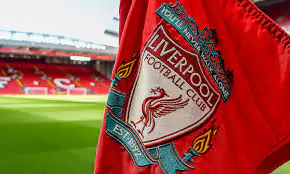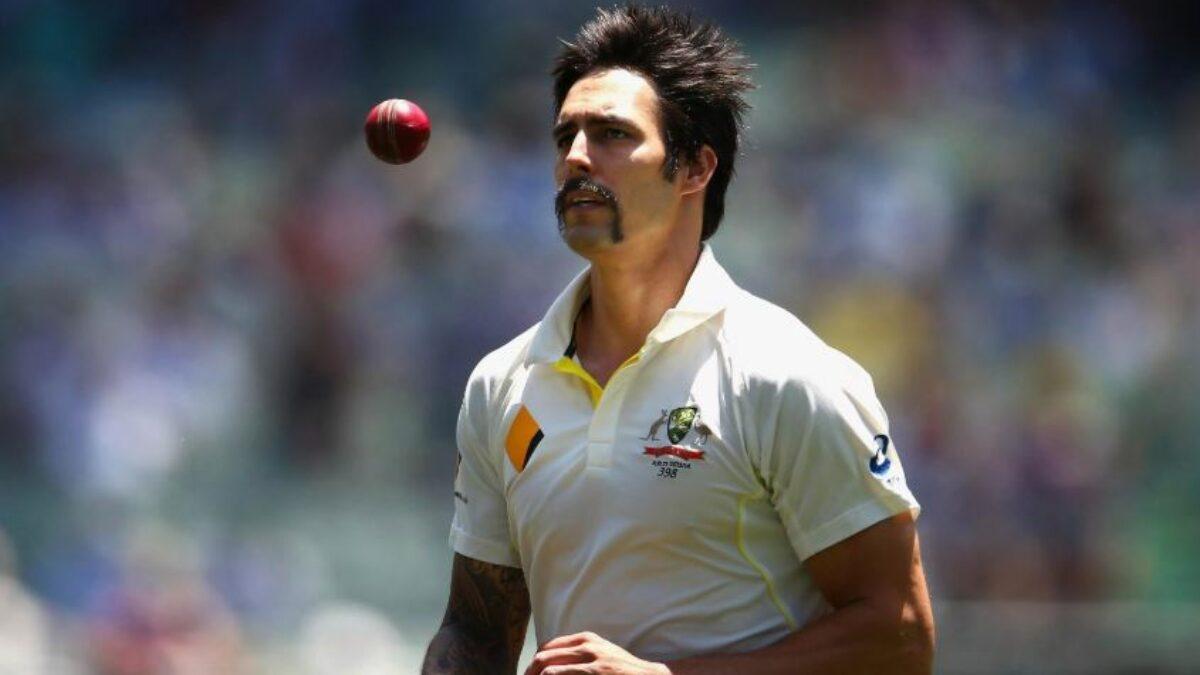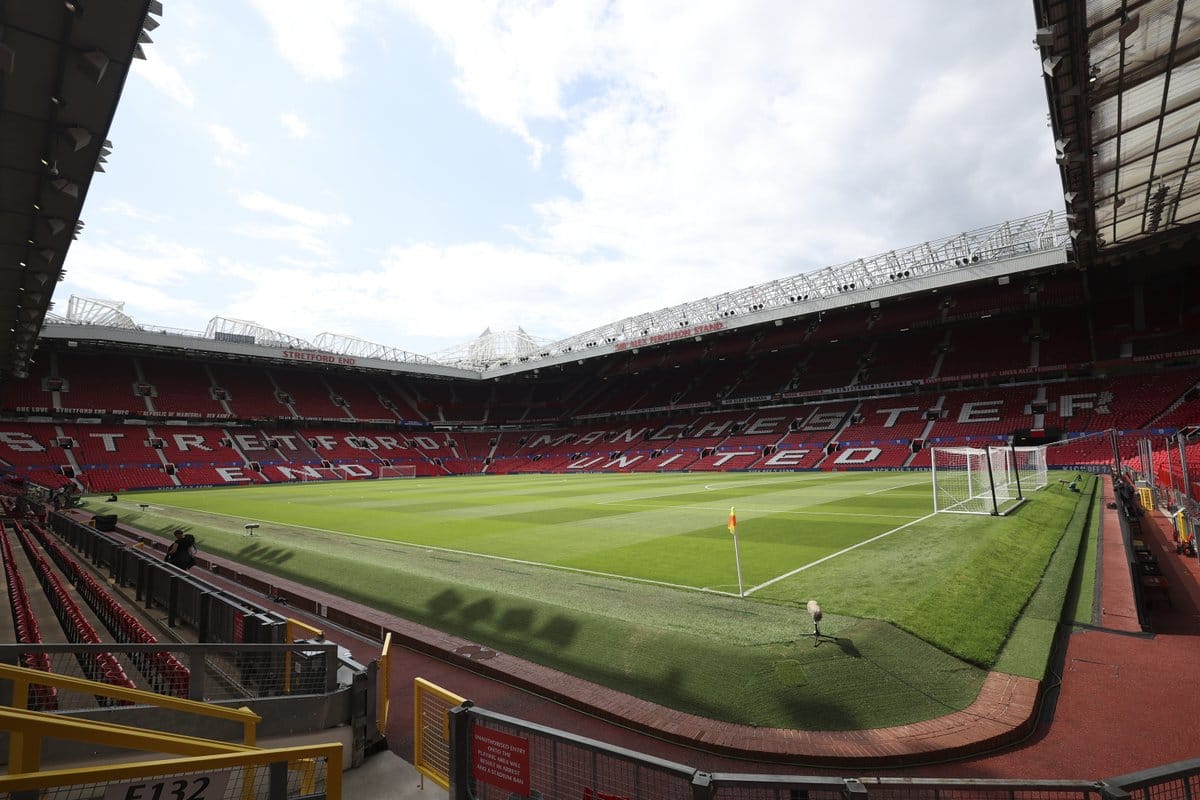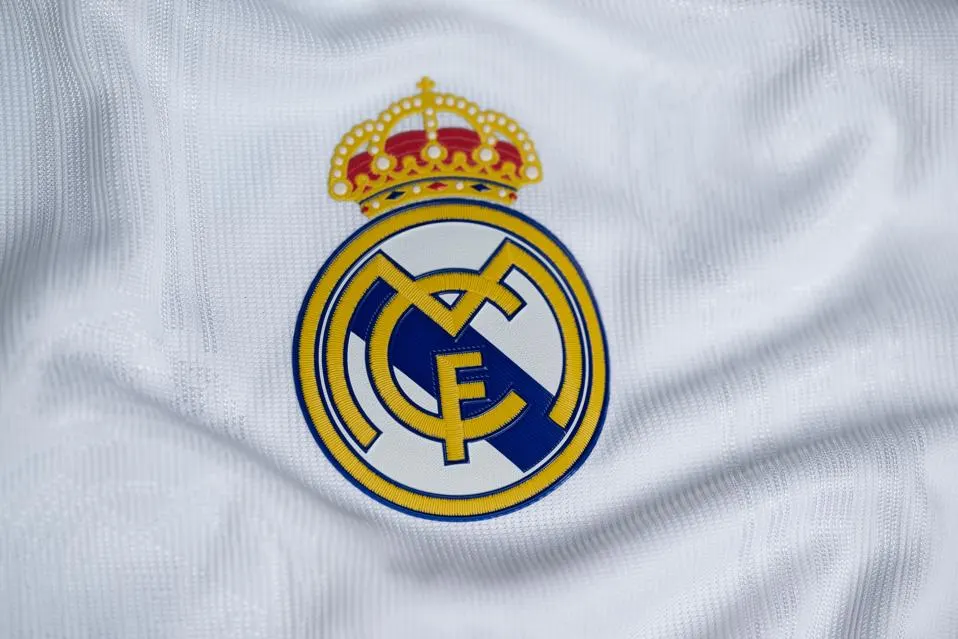(Football news) The football World Cup in Qatar featured some of the longest matches on record after FIFA asked fourth officials to keep a track of lost time. There has been an increase in the trend of wasting time by football teams to get results their way both domestically and in international competitions. The International Football Association Board (Ifab) met in London this January and discussed the need to “create fairer conditions for both teams in terms of the amount of time available in a match”.
While football is officially played for 90 minutes, the reality is that the amount of time the sport is actually being played is far less. Stoppage time was first introduced in 1891, allowing officials to add time beyond the 90 minutes for breaks in play which were originally meant for long injury treatments on the pitch. Fast forward to present day and ‘injury time’ also includes multiple substitutions, video assistant referee checks, elongated celebrations and deliberate time-wasting. However, the flaw in this plan is that only referees know the real duration of the match including stoppages and there is no transparency involved in this process.
A number of high profile figures such as Netherlands legend Marco van Basten, ex-Premier League referee Mark Clattenburg and former Arsenal chief David Dein have suggested that a football match be reduced to 60 minutes with the clock stopping every time the ball is out of play. While this may seem like less football is being played, the reality is that at the 2018 World Cup in Russia, the ball was in play for 52 to 58 minutes, which means 60 minutes per match could be an improvement. While a stop-clock is not likely to be implemented in the near future, the reality is that it seems like a viable option for the sport and a realistic possibility.
Also read: Roberto Firmino to leave Liverpool at the end of 2023 season


